CXO Tech Forum: Health IT Modernization
This GovCIO Media & Research CXO Tech Forum brought government and industry leaders together to share current opportunities and challenges in health IT modernization. Speakers and panelists included experts from the Johns Hopkins University and Medicine, Office of the Inspector General at Health & Human Services, National Cancer Institute, Office of the National Coordinator for Health IT, Veterans Affairs and Veterans Health Administration. Proceeds from the event were donated to Autism Speaks in honor of World Autism Month, an annual opportunity to increase understanding and acceptance of autism spectrum disorder and the individuals and families it touches.
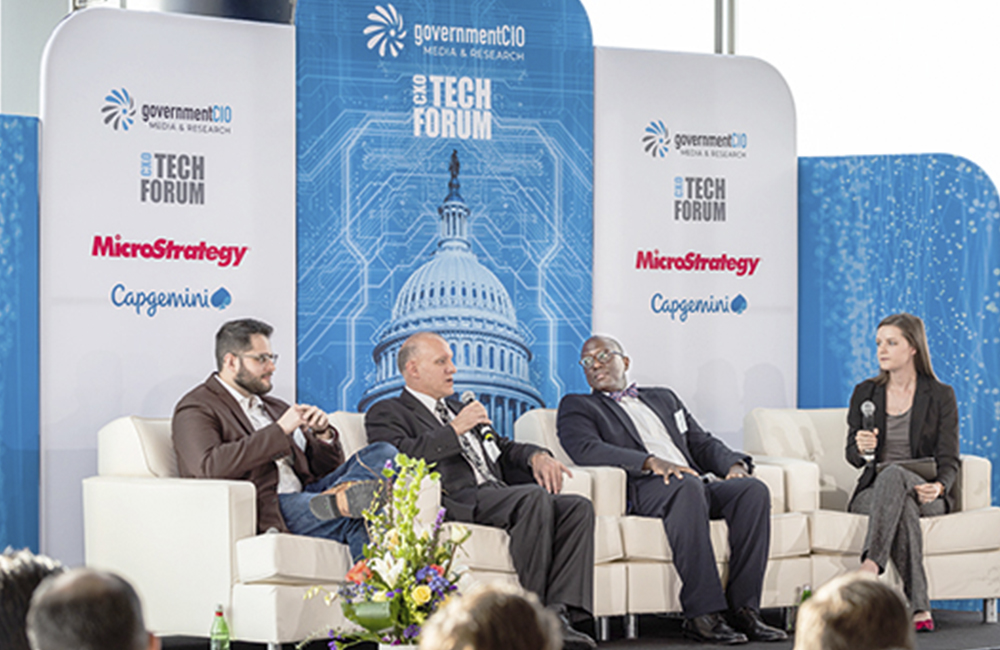
Speakers / Panelists
Speakers / Panelists
Health and Human Services proposed new rules to increase interoperability of electronic health information by providing patients secure access to all their medical data, allowing them to move freely from provider to provider and to benefit from innovative health mobile apps.
Speakers / Panelists
-
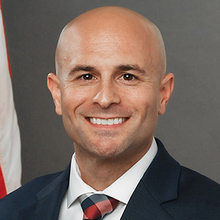 Steven Posnack Executive Director, Office of Technology, ONC, HHS
Steven Posnack Executive Director, Office of Technology, ONC, HHS -
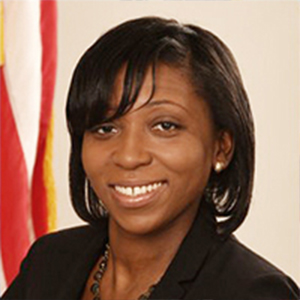 Elise Sweeney Anthony J.D., Executive Director, Office of Policy, ONC, HHS
Elise Sweeney Anthony J.D., Executive Director, Office of Policy, ONC, HHS
Technology’s role in the advancement of precision medicine has allowed doctors to improve treatments for a variety of conditions. Programs like the National Institute of Health’s “All of Us” research program will bolster the precision medicine movement with its pursuit of gathering data on 1 million or more participants. Multiple government agencies are using APIs and new interoperability rules to make health data more available to help tailor more treatments to patients.
Speakers / Panelists
-
 Dr. David Patton Associate Director of Clinical Research Programs, Center for Biomedical Informatics & Information Technology, NCI
Dr. David Patton Associate Director of Clinical Research Programs, Center for Biomedical Informatics & Information Technology, NCI -
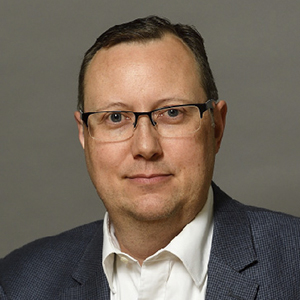 Dwight Raum VP and Chief Technology Officer, The Johns Hopkins University and Johns Hopkins Health System
Dwight Raum VP and Chief Technology Officer, The Johns Hopkins University and Johns Hopkins Health System
Speakers / Panelists
Today, doctors and pharmacists are leveraging predictive analyses to reassess pain levels and flagging high risk patients for opioid addiction monitoring. This panel will discuss the evolution of the technology, process and policy to support this effort as well as opportunities for improvement and replication for preventing and controlling other health crises.
Speakers / Panelists
-
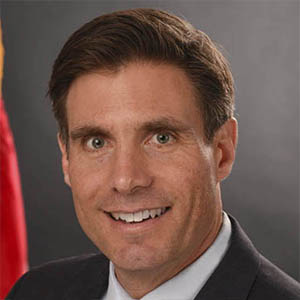 Chris Chilbert CIO, Deputy Inspector General for Information Technology, HHS
Chris Chilbert CIO, Deputy Inspector General for Information Technology, HHS -
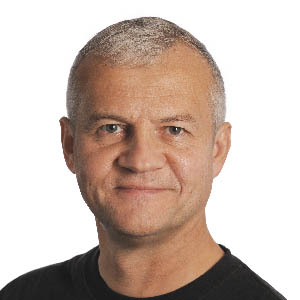 Gleb Esman Senior Product Manager, Fraud Analytics and Research, Splunk
Gleb Esman Senior Product Manager, Fraud Analytics and Research, Splunk -
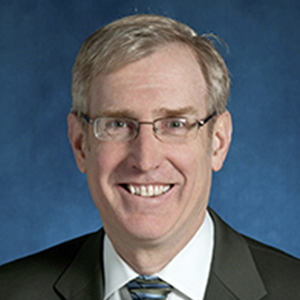 Dr. Eric Strain Director, Center for Substance Abuse Treatment and Research, Johns Hopkins Medicine
Dr. Eric Strain Director, Center for Substance Abuse Treatment and Research, Johns Hopkins Medicine
Speakers / Panelists
-
 Jermon Bafaty Federal Health Sector Growth Leader, GDIT
Jermon Bafaty Federal Health Sector Growth Leader, GDIT
Leaders from the Department of Veterans Affairs and Defense Health Agency will address new programs and technologies to improve digital services and patient care. These officials will discuss the challenges and opportunities provided by these technologies.
Speakers / Panelists
-
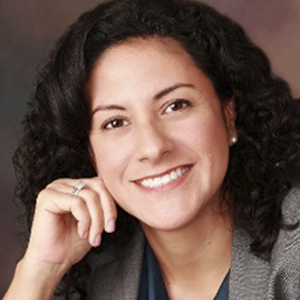 Sonia Arista National Healthcare Practice Director, Fortinet
Sonia Arista National Healthcare Practice Director, Fortinet -
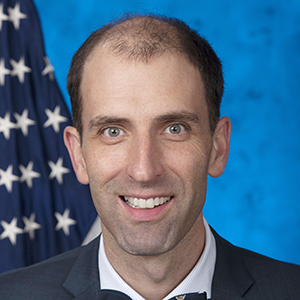 Neil C. Evans, MD Chief Officer for the Office of Connected Care, VA
Neil C. Evans, MD Chief Officer for the Office of Connected Care, VA -
Guy Kiyokawa Deputy Director, Defense Health Agency
-
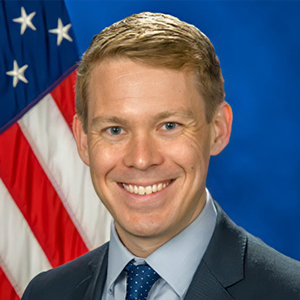 Charles Worthington Chief Technology Officer, VA
Charles Worthington Chief Technology Officer, VA
Speakers / Panelists
-
 Elise Sweeney Anthony Executive Director, Office of Policy, ONC, , HHS
Elise Sweeney Anthony Executive Director, Office of Policy, ONC, , HHS -
 Sonia Arista National Healthcare Practice Director,, Fortinet
Sonia Arista National Healthcare Practice Director,, Fortinet -
 Jermon Bafaty Federal Health Sector Growth Leader,, GDIT
Jermon Bafaty Federal Health Sector Growth Leader,, GDIT -
 Chris Chilbert CIO, Office of Inspector General,, HHS
Chris Chilbert CIO, Office of Inspector General,, HHS -
 Gleb Esman Senior Product Manager, Fraud Analytics and Research, , Splunk
Gleb Esman Senior Product Manager, Fraud Analytics and Research, , Splunk -
 Neil C. Evans, MD Chief Officer for the Office of Connected Care, , Veterans Health Administration
Neil C. Evans, MD Chief Officer for the Office of Connected Care, , Veterans Health Administration -
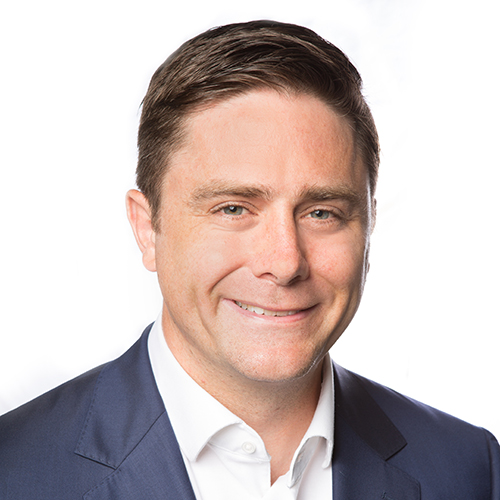 Michael Hoffman President,, GovCIO Media & Research
Michael Hoffman President,, GovCIO Media & Research -
 Dr. David Patton Associate Director of Clinical Research Programs, Center for Biomedical Informatics & Information Technology,, NCI
Dr. David Patton Associate Director of Clinical Research Programs, Center for Biomedical Informatics & Information Technology,, NCI -
 Steven Posnack Executive Director, Office of Technology, ONC,, HHS
Steven Posnack Executive Director, Office of Technology, ONC,, HHS -
 Dwight Raum VP & Chief Technology Officer,, The Johns Hopkins University and Johns Hopkins Health System
Dwight Raum VP & Chief Technology Officer,, The Johns Hopkins University and Johns Hopkins Health System -
 Dr. Eric Strain Director, Center for Substance Abuse Treatment and Research, , Johns Hopkins Medicine
Dr. Eric Strain Director, Center for Substance Abuse Treatment and Research, , Johns Hopkins Medicine -
 Andrew Underhill Chief Technology Officer,, GovCIO
Andrew Underhill Chief Technology Officer,, GovCIO -
 Charles Worthington Chief Technology Officer,, VA
Charles Worthington Chief Technology Officer,, VA


